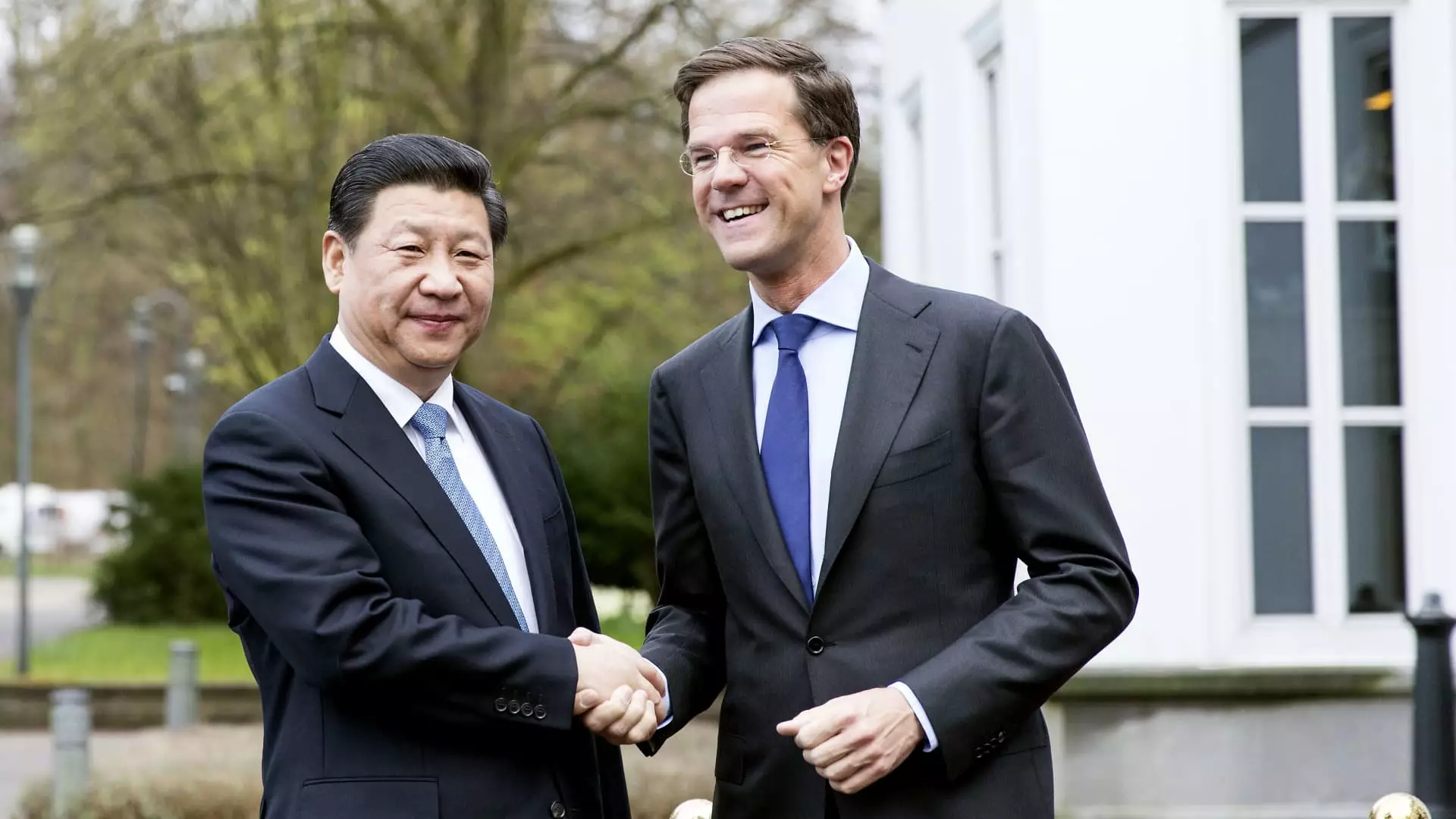Chinese President Xi Jinping emphasized the unstoppable nature of China’s technological progress during a meeting with Dutch Prime Minister Mark Rutte. Xi’s statement highlights the Chinese government’s commitment to advancing its scientific and technological capabilities, asserting that no external force can impede the country’s development in this regard.
Strained International Relations
The discussion between Xi and Rutte also touched upon the strained relations between China and the Netherlands, particularly concerning the semiconductor industry. The Netherlands, in conjunction with the U.S., has imposed export restrictions on advanced chip technology to China, citing concerns about potential military applications. This move has led to tensions between the two countries, as China seeks access to critical components essential for various technological devices, including smartphones and automobiles.
Dutch semiconductor technology company ASML has faced export restrictions on its extreme ultraviolet lithography machines, which are crucial for manufacturing advanced chips. China has been denied access to these machines, resulting in limited progress in chip technology within the country. Additionally, the Netherlands prohibited the export of deep ultraviolet lithography systems to China, further exacerbating the technological gap between the two nations.
Call for Cooperation
Despite the challenges in international trade and technology transfer, President Xi reiterated China’s commitment to cooperation and dialogue with the Netherlands. He emphasized the importance of maintaining open communication channels and fostering a fair and transparent business environment for Chinese enterprises. Xi warned against the dangers of creating technological barriers and severing industrial supply chains, advocating for unity and collaboration instead of division and confrontation.
Prime Minister Rutte assured that the Netherlands aims to implement export restrictions in a manner that limits their impact on specific countries. He stressed the importance of balancing the regulation of semiconductor technology to prevent any discriminatory practices against individual nations. Rutte’s comments reflect a diplomatic approach to managing trade relations in the semiconductor industry, emphasizing the need for fair competition and equal access to technological advancements.
The interactions between China and the Netherlands regarding technology transfer and semiconductor exports underscore the complexities of international relations in the digital age. Both countries face challenges in balancing national interests with global cooperation, highlighting the importance of dialogue, transparency, and mutual respect in the pursuit of technological progress. As the world becomes increasingly interconnected through technology, navigating these issues requires strategic diplomacy and a commitment to fostering innovation while upholding ethical standards.

Leave a Reply